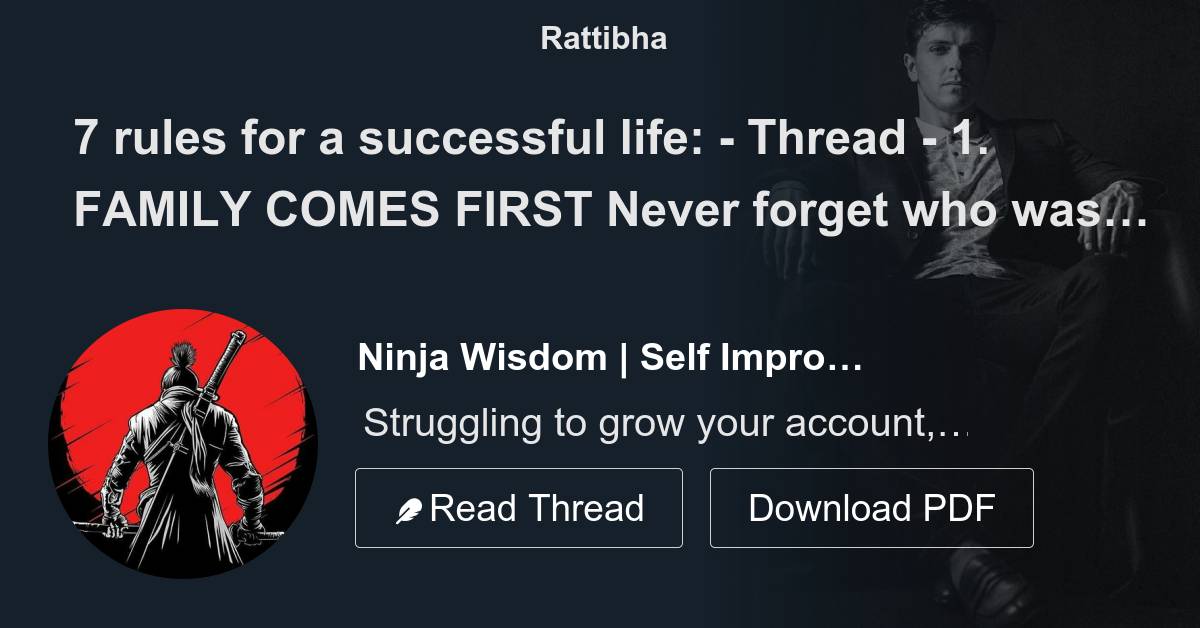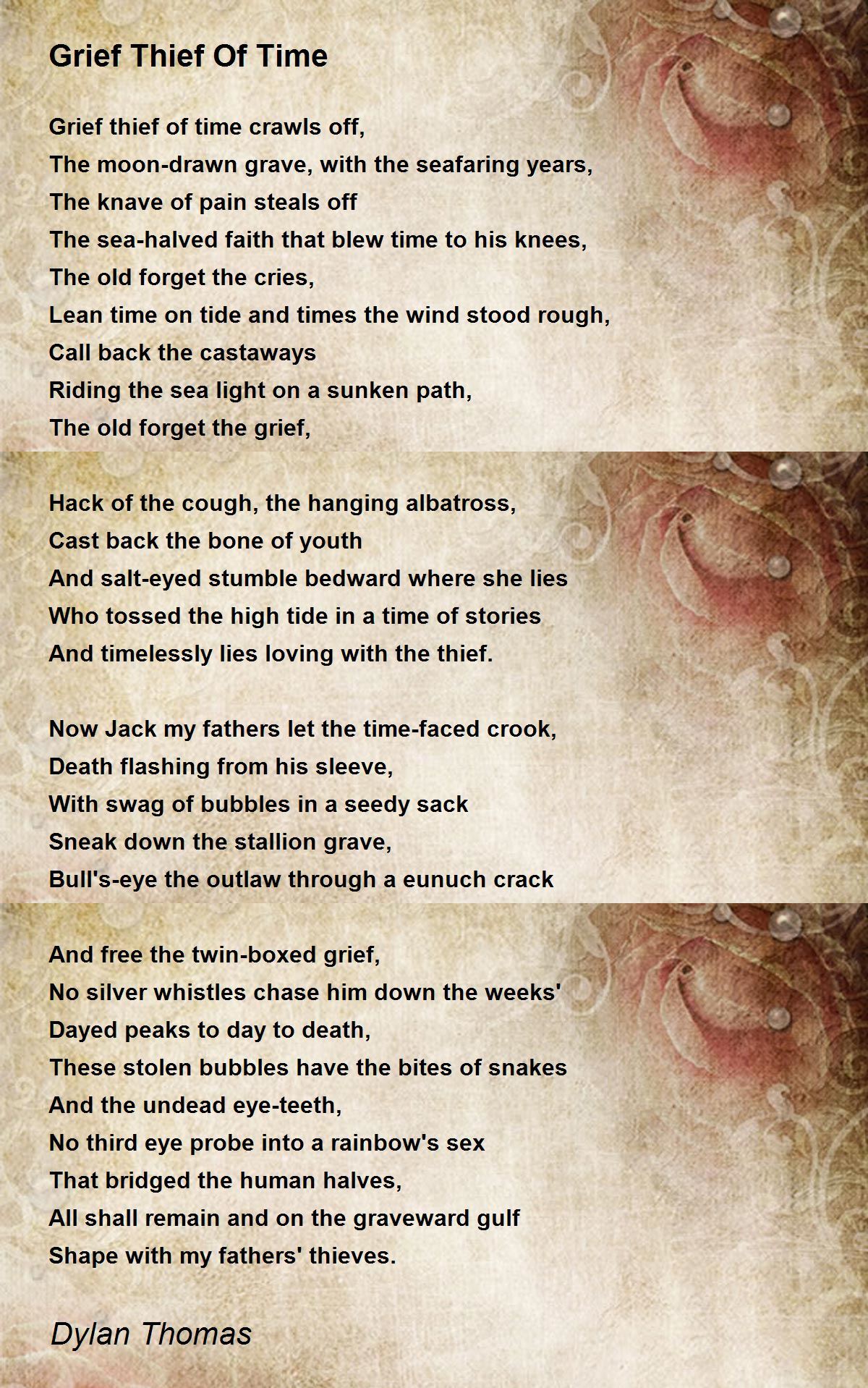

Pratchett often plays with the idea of "if a tree falls in the forest and no one hears it, does it exist (see the opening of the (Fifth Elephant). For something to exist, it has to have a position in time and space.

Pratchett says, "for something to exist it has to be observed. The philosophical arguments of whether or not one exists are based on the works of Rene Descartes and his famous line, "I think, therefore I am". The opening discussion regarding the existence of anything but the present has been a popular Pratchett theme. These include the variable dating of Koom Valley the fact that an Elizabethan theatre was "a new type of building" in Wyrd Sisters, but there was a venerable Victorian Opera House by Maskerade and the uncertainty as to the setting of Small Gods.


Meanwhile, in a distant valley, a young apprentice of the History Monks, Lobsang Ludd, and his old teacher, Lu-Tze, called 'The Sweeper', hear that a glass clock is being built. Death sends his granddaughter Susan to stop them. Death discovers their plans, but is unable to act directly because of the Rules of the universe. By freezing time, the Auditors intend to eliminate the unpredictability that humans cause through their everyday actions. They do not reveal that this will imprison Time (the anthropomorphic personification) and thereby freeze time (the physical quantity) on the Discworld. The Auditors convince a young clock maker, Jeremy Clockson, in Ankh-Morpork to build a perfect glass clock.


 0 kommentar(er)
0 kommentar(er)
